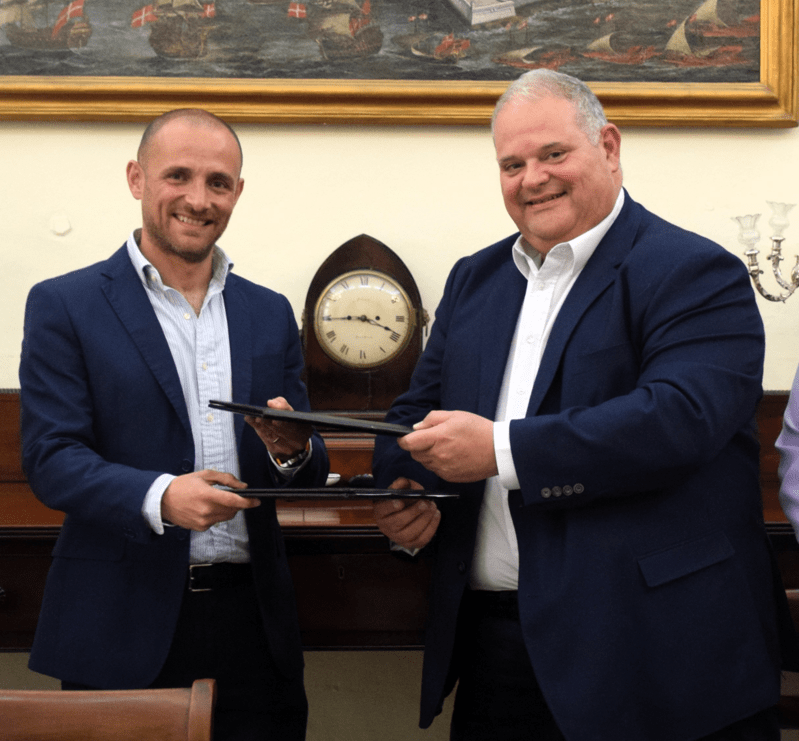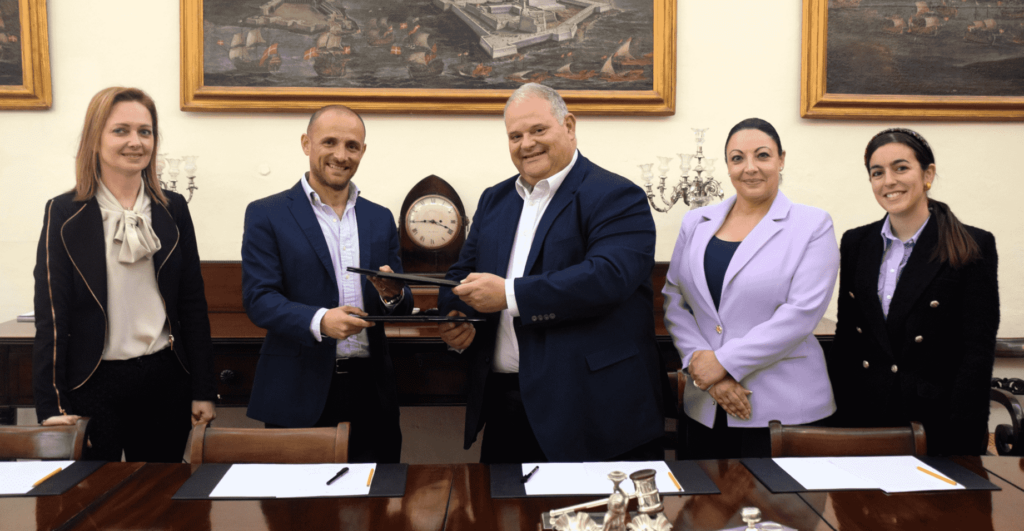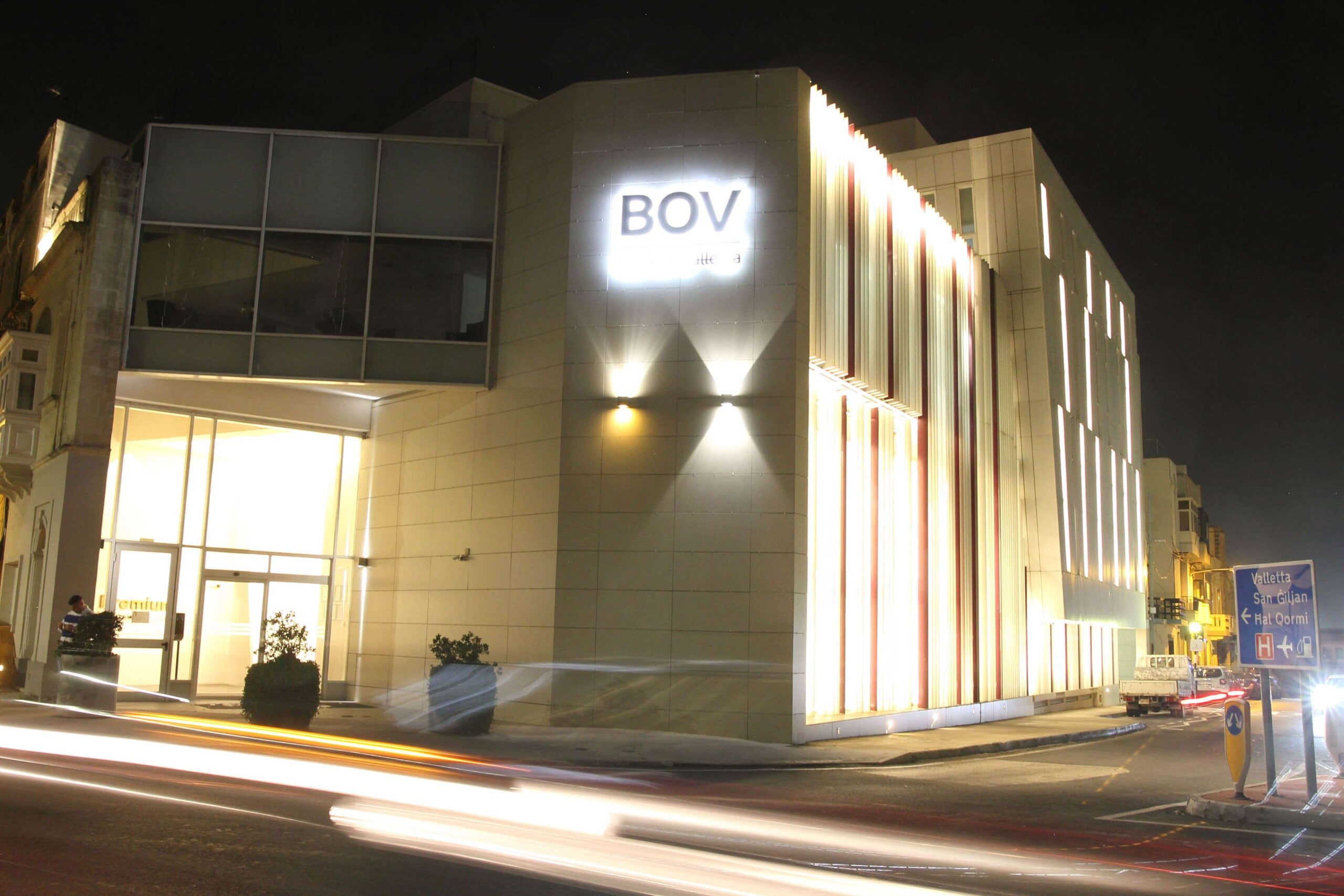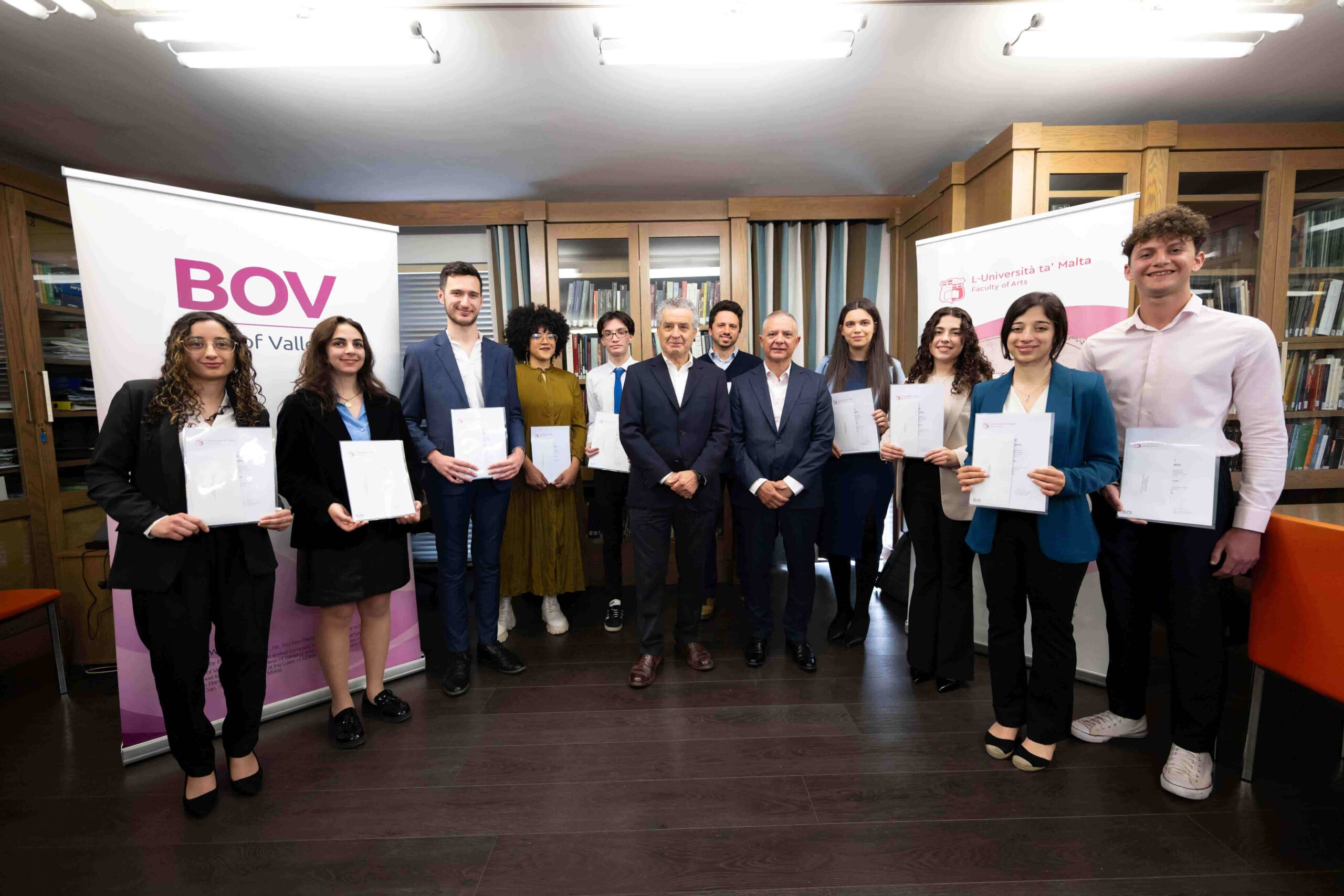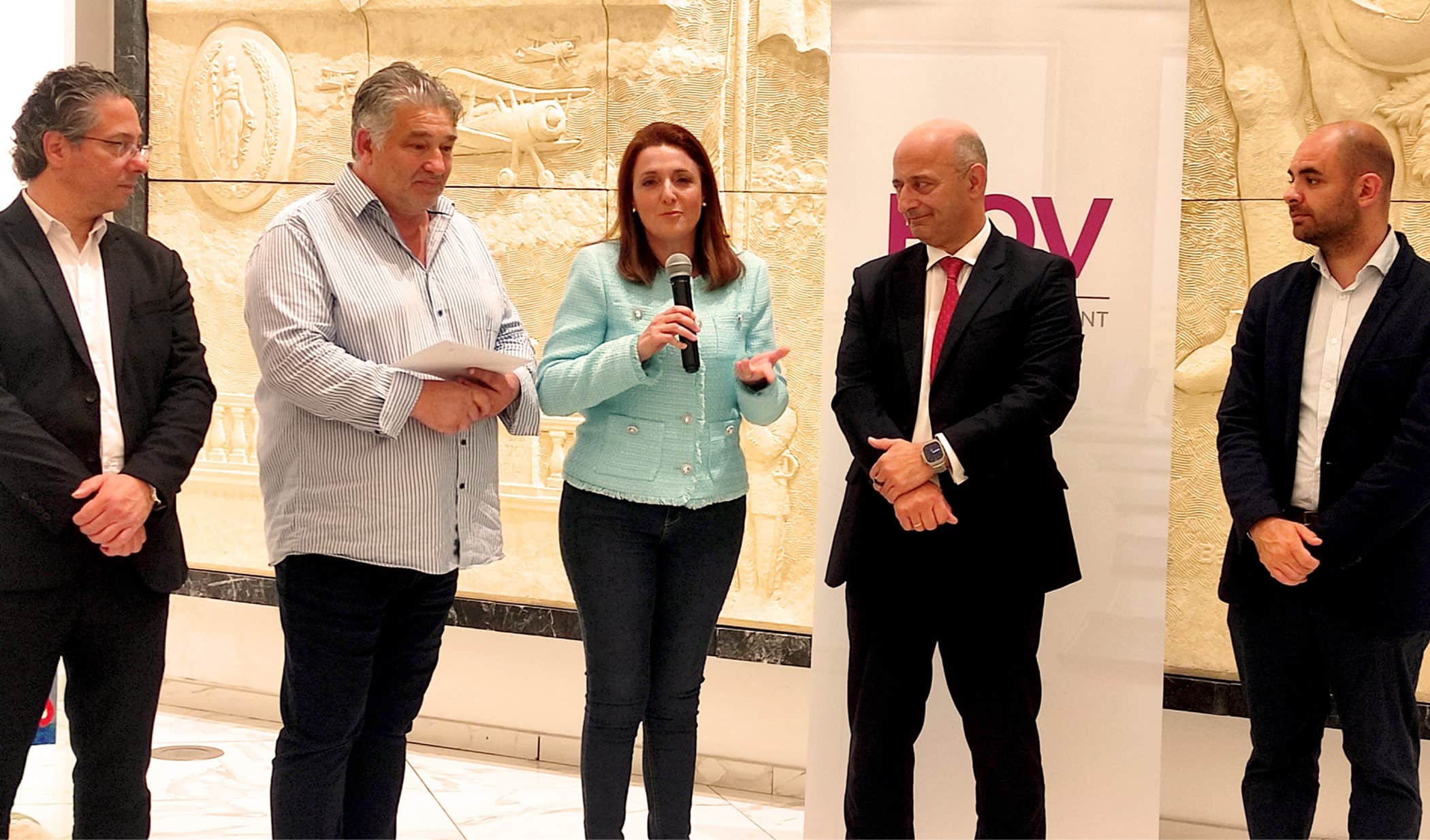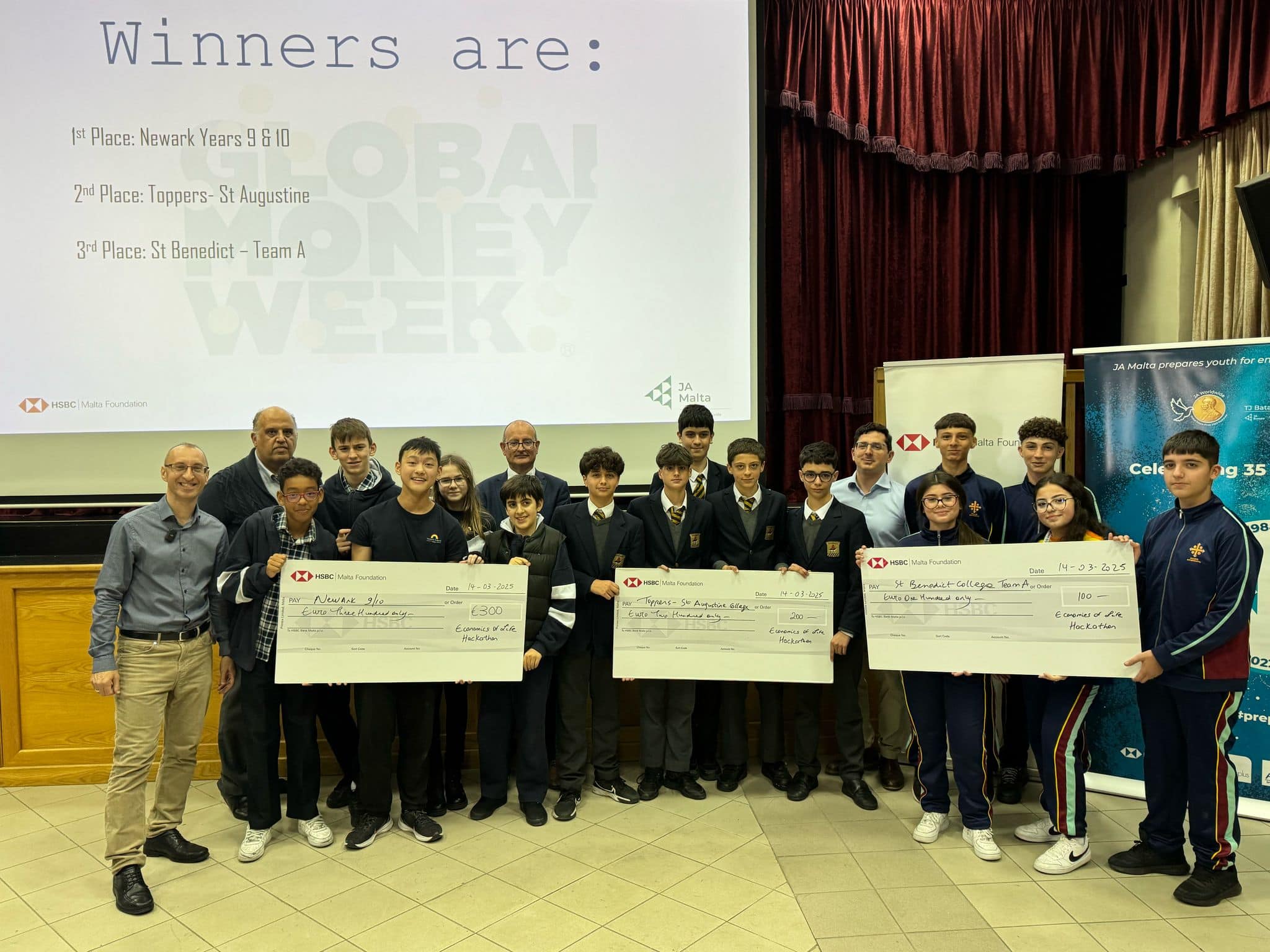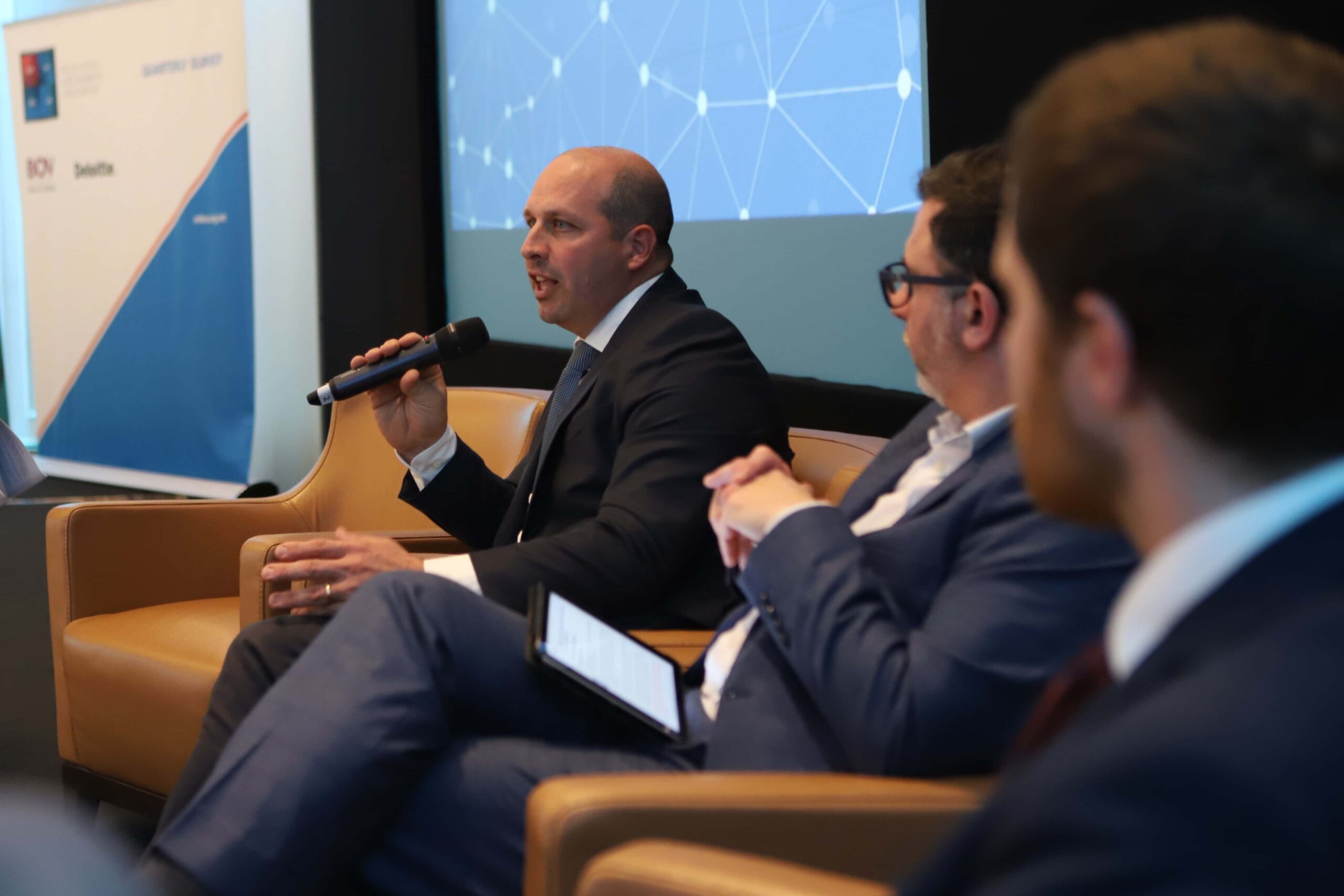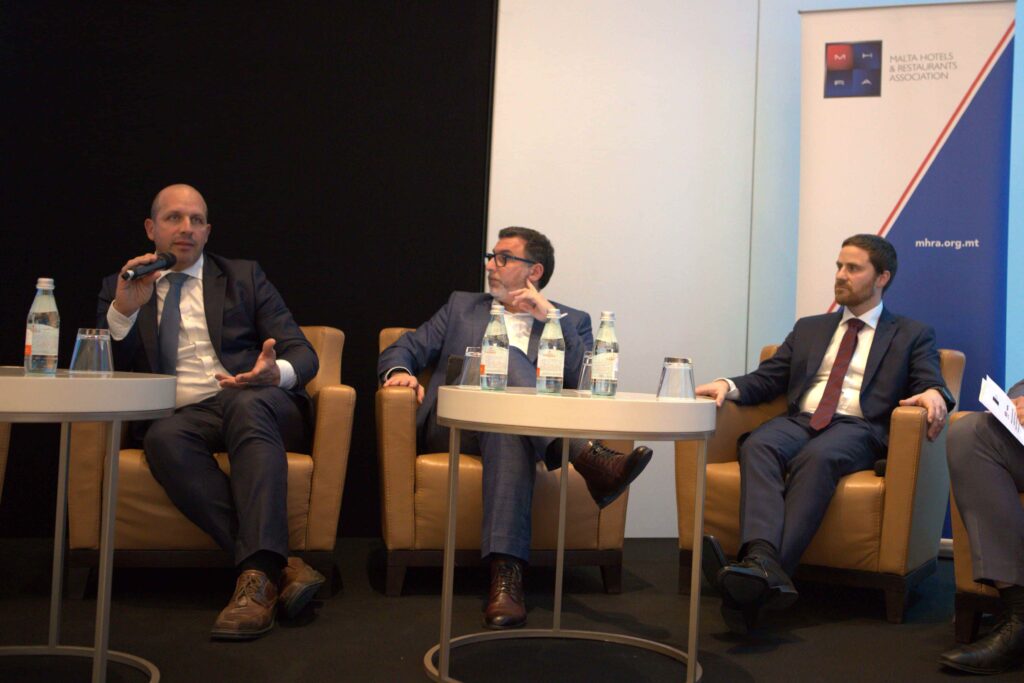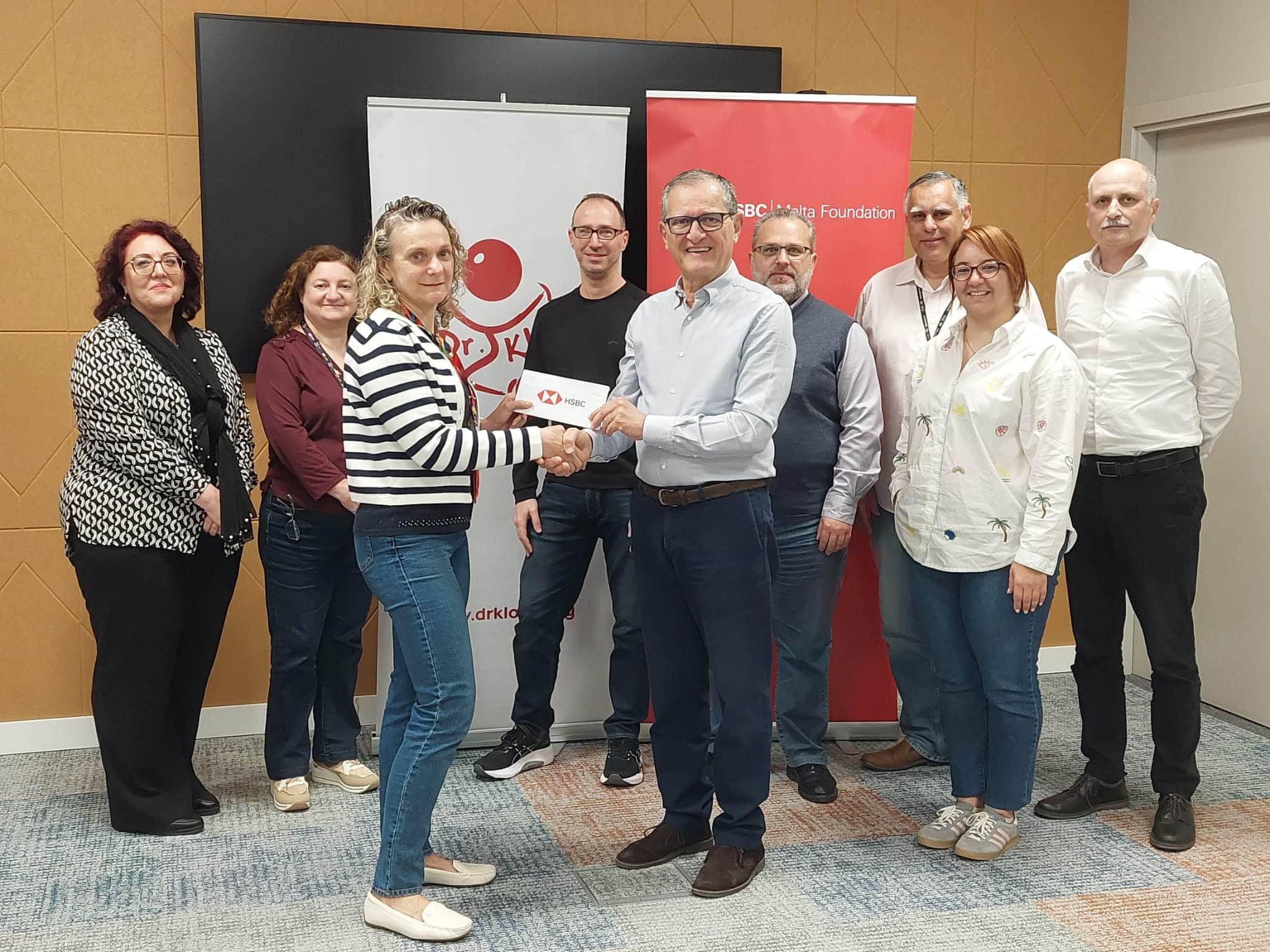The Facts: Under Item 14 of Part Two to the Fifth Schedule of the Malta VAT Act (Chapter 406 of the Laws of Malta), the supply of water services is exempt (without credit) only when such supply is made by a public authority.
This exemption applies, for example, when Malta’s Water Services Authority supplies water directly to end-users, whether households or businesses. However, the exemption is narrowly framed and does not extend to recharges or onward supplies of water by private entities.
In practice, this distinction becomes particularly relevant in scenarios such as the rental industry. Where a landlord receives a VAT exempt water bill from a public authority and subsequently recharges that same cost to a tenant, the landlord is not supplying water as a public authority. As a result, the recharge:
- does not fall within the scope of the exemption, and
- is subject to VAT at the standard rate of 18%.
This position reflects the settled principle in VAT law that exemptions are to be interpreted strictly, and that a recharge does not inherit the VAT treatment of the original supply where the conditions of the exemption are no longer met.
Conclusion: Water services are only exempt (without credit) when supplied by a public authority, otherwise VAT at the standard rate of 18% applies.
Verdict: False
Authors: Brandon Gatt, Partner, Zampa Partners & Valentina Bruno, VAT Associate, Zampa Partners



